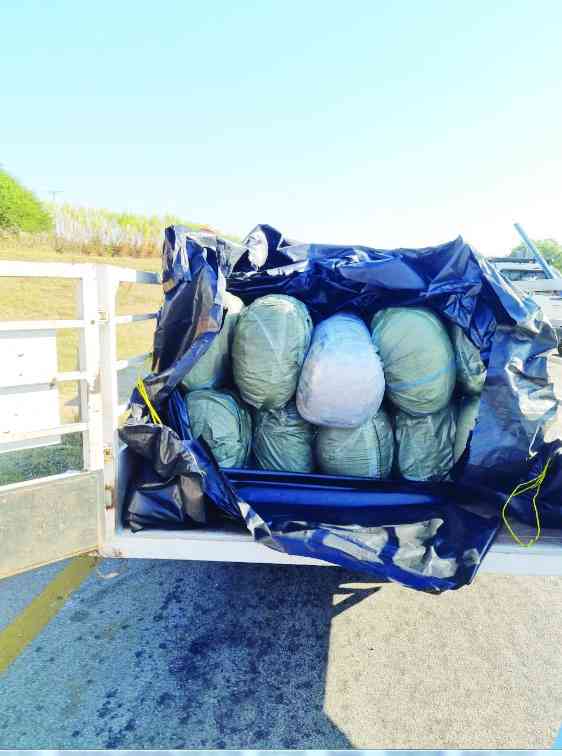
BY TATIRA ZWINOIRA
ZIMBABWE Institute of Engineering (ZIE) president Engineer Tamsanqa Mpala says his organisation was carrying out a research on the state of infrastructure in the country and preliminary investigations showed the country was in dire need of infrastructural rehabilitation requiring a lot of money.
The Treasury reported in the 2022 National Budget that a total of US$8 063 788 836 was required for programmes and projects under the National Development Strategy 1 document this year.
The requirement is higher than the US$4 130 358 599 required for last year which the Zimbabwe government failed to raise because of poor foreign investment returns.
ZIE found that infrastructure investments are urgently needed in ICT, renewable energy, power, roads, highways, bridges, housing, health, water and sanitation. Existing infrastructure has become dilapidated due to many years of neglect.
“We have done some preliminary investigations and research and we discovered that our infrastructure is in real need of rehabilitation. There is significant investment that is required to scale up infrastructure development in the country,” Mpala told Standardbusiness in an interview.
“It is quite significant money that we are looking into if we want to look at all the sectors that require the money. I don’t have a figure as such but I think it would be quite significant if we are going to tackle some of the low hanging fruits in each of these sectors.”
He said the funds that would be needed for ICT, renewable energy, roads, highways, bridges, housing, water and sanitation would run into the billions.
- Chamisa under fire over US$120K donation
- Mavhunga puts DeMbare into Chibuku quarterfinals
- Pension funds bet on Cabora Bassa oilfields
- Councils defy govt fire tender directive
Keep Reading
“When you apportion this amount of investment in each of the sectors, you take into account everything including the materials, consultants that will work on the projects and the commissioning of it. It could run into billions,” Mpala said.
“If you really want to get to an upper middle-income economy those are the types of figures, in all fairness, that we should be looking at.”
The Parliamentary Portfolio Committee on Budget and Finance revealed a few weeks after the 2022 National Budget was released last November that the amount allocated by the Treasury was below their submissions.
As we head into 2022, government ministries are already underfunded to meet the costs of critical infrastructure projects.
The continued depreciation of the Zimbabwe dollar continues to raise the cost of infrastructure projects making the situation worse.
“We have to improve our ranking on all indices that are measuring competitiveness in the economy, the things that investors look at globally when they compare countries in looking for the best place to put their investment,” Confederation of Zimbabwe Industries chief executive officer Sekai Kuvarika said.
“It is about the ease of doing business. We have to move up on that. It is about being the best place to do anything and that is one of the things we have to aim for. For me, it is not just about foreign investors but local investors as well. If the environment is good for local investors, it will also attract foreign investors because they take a cue from the companies that are already in the economy.
“So, once the companies that are already invested are expressing high levels of confidence and positive sentiment about the business environment, outlook and prospects then that will also give an indication to foreign investors as it were. So, satisfy the investors that are here. The second thing, for me, is that we really need to retire the currency challenge that we have.”
The African Development Bank’s (AfDB) 2019 Zimbabwe Infrastructure report found that the sustained deterioration in the quality of infrastructure assets stemmed from inadequate levels of public expenditure on routine and periodic maintenance of the existing infrastructure networks.
The bank also noted that despite multiple policy reforms aimed at stimulating the economy, implementation plans had not been clear.
The deterioration in Zimbabwe’s basic infrastructure over the past decade has had a serious impact on other productive sectors of the economy and on the level and quality of services to the public at large, the bank noted.
Previously, AfDB experts have stated that Zimbabwe has an annual capital expenditure of at least US$2 billion.










